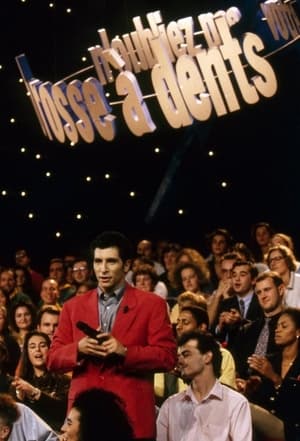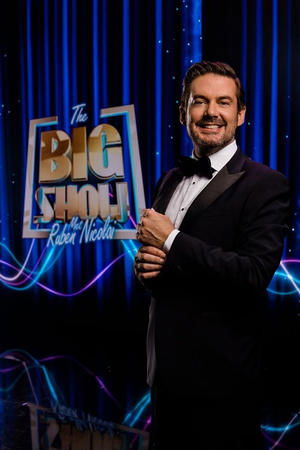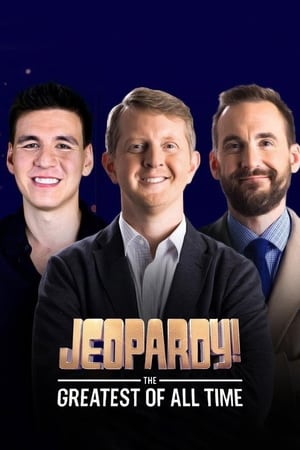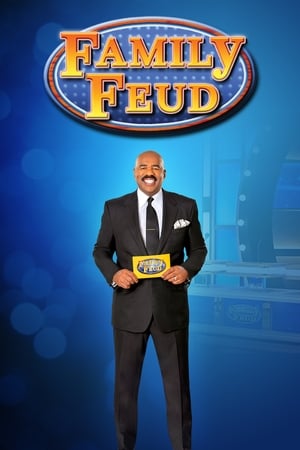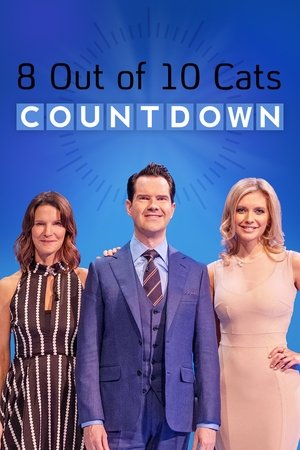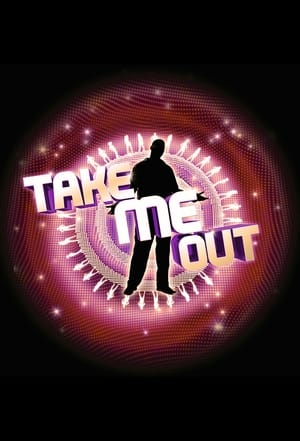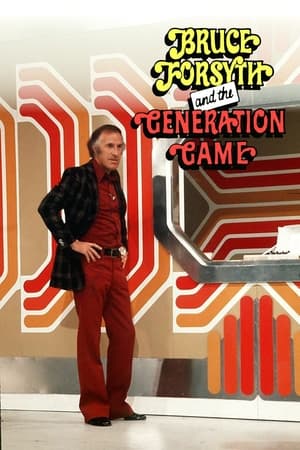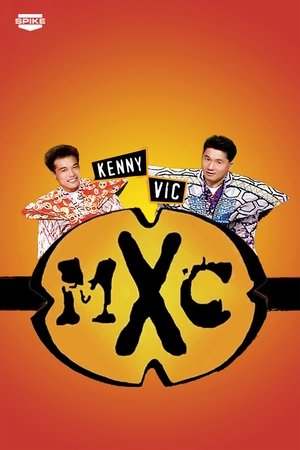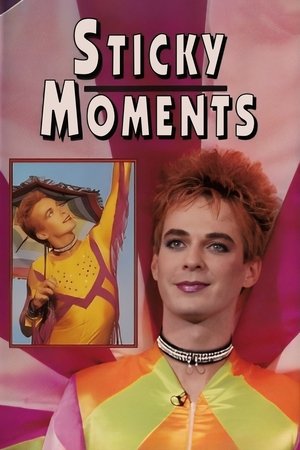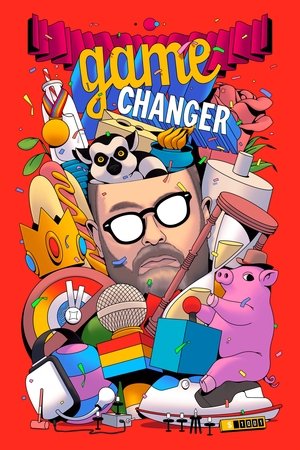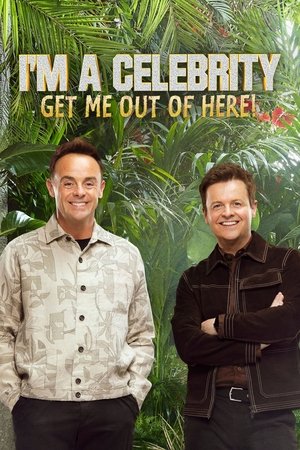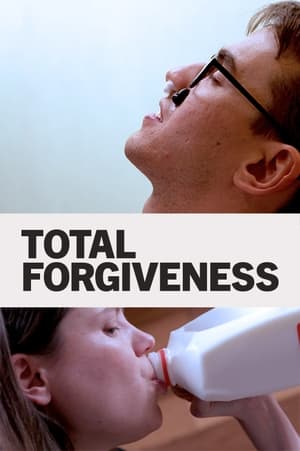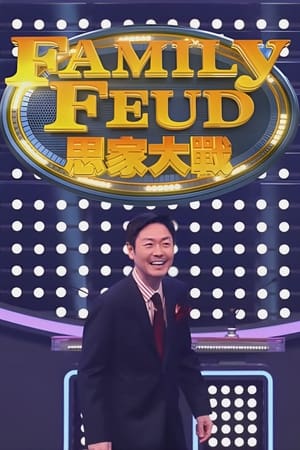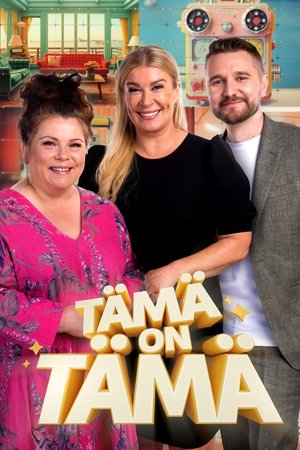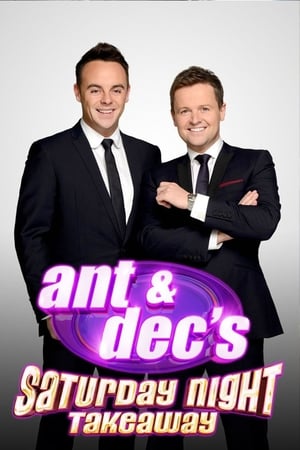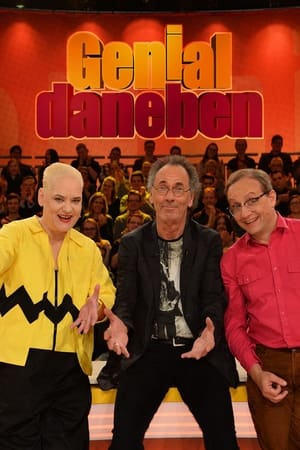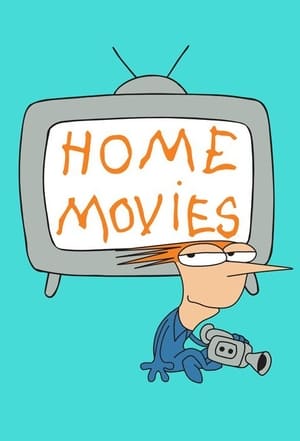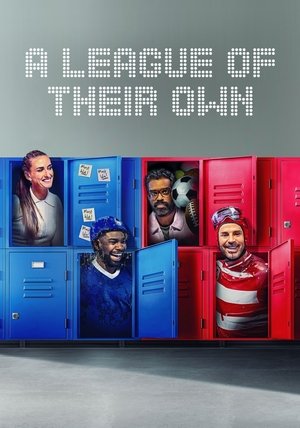Overview
Random Acts of Comedy is an American comedy game show hosted by David Alan Grier. The show was co-created and executive produced by Groundlings alum, John Cervenka. It premiered October 8, 1999, on the Fox Family Channel. Two contestants had to identify "The Who", "The What", and "The Where" in a scene performed by improv actors. For example, the actors could be asked to act out Santa Claus serving hot dogs at a Boy Scout meeting. None of the actors were informed of "The Who", "The What", or "The Where" of each round prior to the show. As each scene was being performed, the contestants could buzz in and identify any of the three elements of the scene for points. After five rounds were played, the contestant with the higher score won a prize package.

 English
English
 0
0
 2014
2014
 US
US
